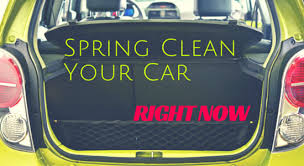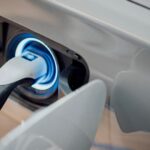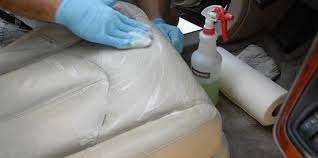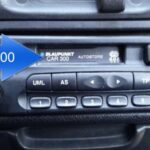Are you wondering what your junk car is worth? Perhaps it’s been sitting in your driveway for years, taking up valuable space, and you’ve finally decided it’s time to let it go. While it may seem like a heap of metal, the value of a junk car is determined by several factors. In this article, we will discuss four key elements that play a crucial role in determining the worth of your old vehicle.
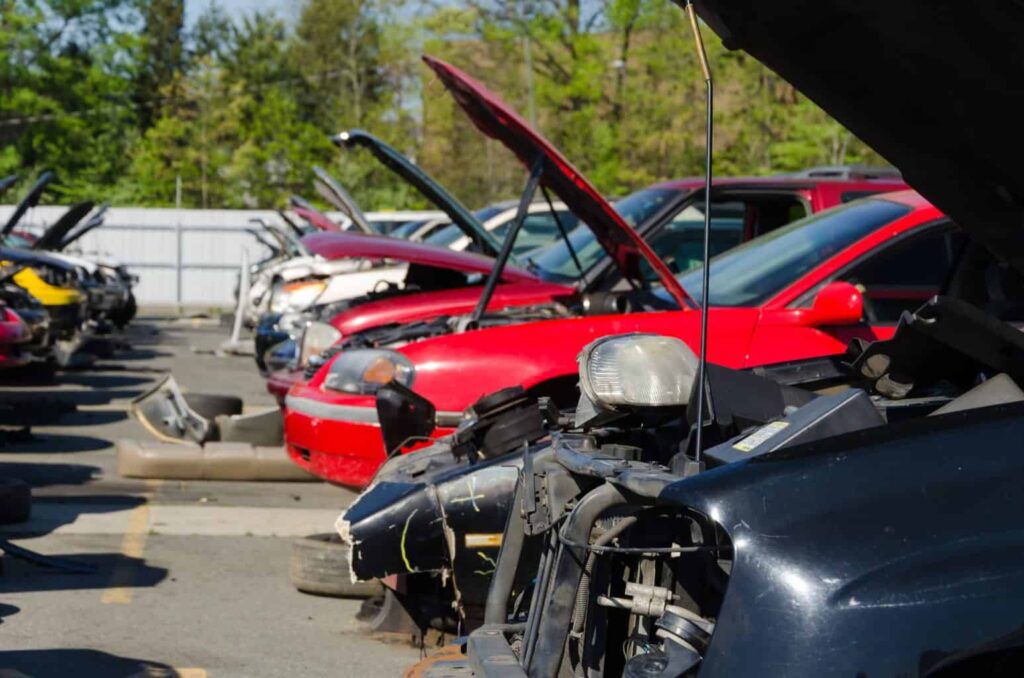
Content
1. Condition
The condition of your junk car is the primary factor that affects its value. Whether it’s a rusted old clunker or a slightly used vehicle, the level of damage, wear, and tear can significantly impact its worth. Is the engine still running? Are there any missing or damaged parts? A car in relatively good condition, with fewer issues, may have more value than one that requires extensive repairs. Keep in mind that even non-running cars can have some value based on the salvageable parts they possess.
2. Make and Model
The make and model of your vehicle also play a significant role in determining its value. Some car brands are more popular than others, and their parts may be in high demand in the market. Additionally, specific models may have unique features or characteristics that make them more sought after, increasing their value. Research the current market trends to get an idea of how your car’s make and model may affect its value.
3. Age and Mileage
As with all vehicles, the age and mileage of your junk car are essential factors when determining its value. Generally, the older a car is, the less valuable it becomes, especially if it lacks any historical significance. Similarly, high mileage can indicate wear and tear on the engine and other components, which can affect the overall worth of your vehicle. Nonetheless, vintage or classic cars with low mileage may hold more value due to their rarity and appeal to collectors.
4. Demand for Parts
One of the most crucial factors that determine the value of a junk car is the demand for its parts. Many individuals look for used parts to repair their vehicles, which can create a market for salvageable components. If your junk car has parts that are popular and in demand, such as engines, transmissions, or body panels, its value may increase. Keep in mind that the ease of finding these parts also plays a role. If a particular car model is common, it may be easier to find identical components, reducing the demand for salvageable parts and subsequently lowering the vehicle’s value.
Now that we have discussed the four main factors that determine the value of a junk car, what are your options? There are several routes you can take to sell your vehicle:
1. Sell It Privately: Advertise your junk car online or through traditional platforms and negotiate with potential buyers. Remember to consider the costs and effort involved in marketing and attracting potential buyers.
2. Sell to a Local Junkyard: Contact your local junkyards and get quotes for your car. Consider selling to the highest bidder or the one who offers the most convenient services, such as free towing.
3. Donate It: If you’re not concerned about the monetary value, donating your junk car to a charity may be a viable option. You can get a tax deduction while supporting a cause you care about.
4. Recycle It: Scrap metal recycling centers can offer a fair price for your vehicle as they extract valuable metals and parts from junk cars.
When deciding the best course of action, always consider your vehicle’s value, taking into account all the factors previously discussed. Remember to obtain multiple quotes and choose the option that aligns with your goals and priorities.
In conclusion, the value of a junk car is determined by its condition, make and model, age and mileage, and demand for its parts. By considering these factors, you can make an informed decision about how to sell or dispose of your unwanted vehicle. Whether you choose to sell it privately, to a junkyard, donate it, or recycle it, understanding the worth of your junk car will help you navigate the process more effectively. Good luck in finding the best solution for your old car!

Tom’s blog is your passport to adventure. If you’ve got an itch for travel and a love for the road, join him in exploring new horizons. His writing is the ultimate road trip planner and companion.






